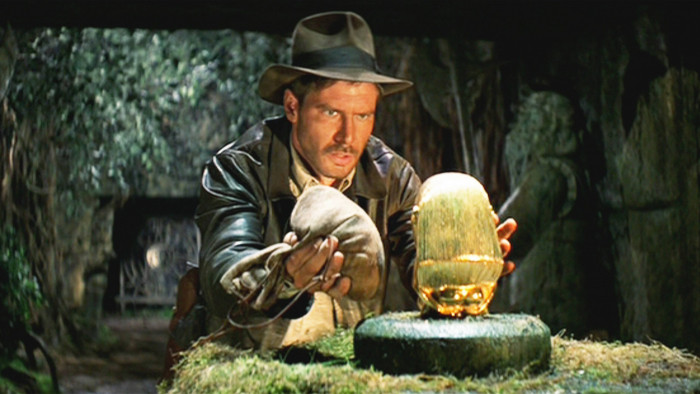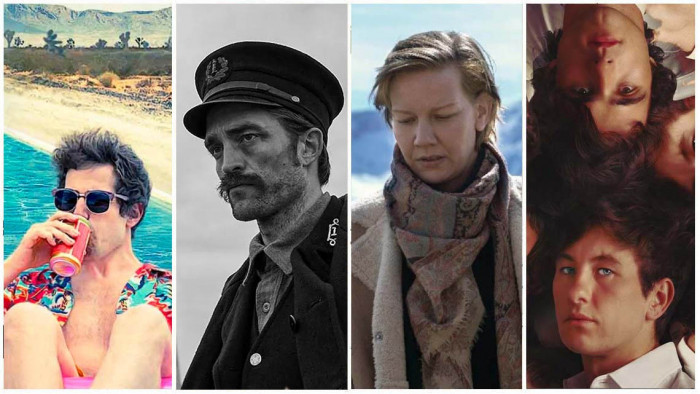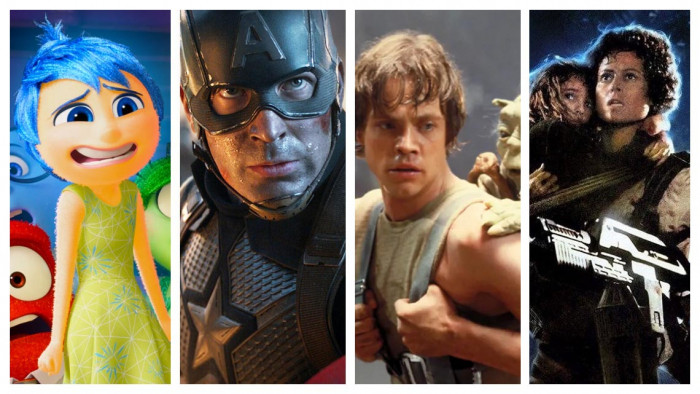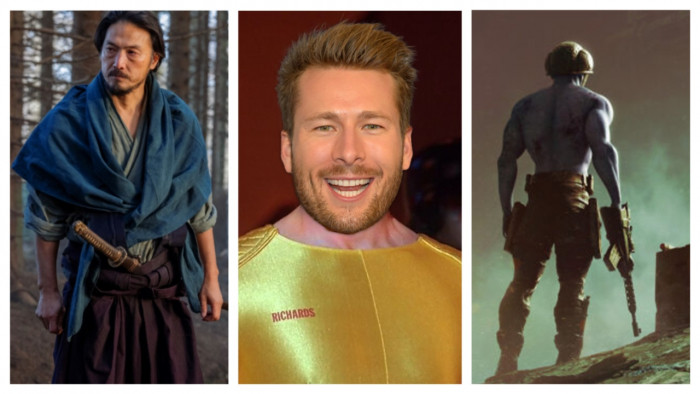We asked Danny Boyle what it means to be British
The Trainspotting director chats to us about our national identity


“Weirdly,” says Danny Boyle, his voice remarkably similar to Gary Barlow’s, “it was inclusiveness. That we had a kind of patience that aided inclusiveness. Tolerance, when tolerance is a noble, dynamic, active word, not a static word. It was that, and individualism and a somewhat contrary nature.”
He’s explaining what he’d hoped to portray with the 2012 Olympic opening ceremony: Britain’s best character traits. It’s an apt conversation.
We’re sitting in a theatre at Pinewood Studios – a very British place, with plaques on walls dedicated to Carry On stars and photographs of (other) great British directors such as Lean and Hitchcock. There’s a cup of tea on the table. And, if ever the notion of Britishness – what it was, is and could be – has been under the microscope, it’s now.
The tea is Boyle’s – he, too, a source of national pride. Not only for that great ceremony – the last time we all got along with each other – but because he consistently makes very good films. These include 1996’s zeitgeist trap, Trainspotting. It was the film of Cool Britannia, its youthful vibrancy hitting that year’s nail square on the head. And now, 21 years later, there’s a no-rush-mate sequel, T2 Trainspotting, which is equally a film for its time and its country. More of that later.
Culture Club

“It’s a wonderful thing to do in your lifetime,” continues Boyle, clearly not fatigued by years of talking about his big show. “To think about the culture I live in, what’s valuable or important, what’s survived and what should be maintained. What should we aspire to, ultimately? People say it was a big responsibility, but actually it
was a blast.
“We have this debate about whether we should support culture publicly, but so much of our value in the modern world is culture. And it’s absolutely not a monoculture. It’s always benefited from immigration.”
I like this conversation. Let’s continue it. But a conversation with Danny Boyle has a habit of flipping, as does Boyle himself – physically. There are tangents mid-sentence and questions asked that I’m not sure if I’m supposed to answer. And with every thought, there’s a movement; twisting and turning on the two-seat sofa we’re sharing like a fish with restless fins syndrome. Is culture a constant, I ask? A stream that runs through a rapidly changing world.
“It’ll be interesting to see how football develops,” says Boyle, going somewhere, I assume. “The influx of foreign players and owners changed the nature of football, what it represents to a community. What happened in football hasn’t happened in culture.”
There it is.
“It still remains vibrantly our own. It’s influenced, as it always has been, by immigrants and their children. And better culture emerges out of this mix of cultures. Some owners will stay here and be absorbed, their children will inherit the club, and then they’ll be British owners. Which way will football go?”
Friends Reunited

This leads nicely to T2 Trainspotting, dealing as it does with change. In it, Renton returns from exile in Amsterdam to find a very different Edinburgh and his old friends – Sick Boy, Begbie and Spud – struggling in various ways with modernity. As Begbie reflects, in a rare moment where he isn’t being one of cinema’s most unnerving villains (he’s still got it, trust me): “The world changes, even if we don’t.”
“Something I loved, which was obviously Trump-influenced, is Begbie’s big speech at the end,” says Boyle. “He’s shouting, ‘What about men like me? What is there for men like me any more?’ It feels very much of the moment.”
Another scene, far too good to spoil, finds Renton and Sick Boy in a Loyalist pub. Renton describes it as a haven for those “abandoned by the political class” and unable
to adapt to a secular Britain.
It fits with a sense that Britain is retreating, seeking, to flip a phrase, ever greater division. It’s why Boyle had said “weirdly” earlier. The inclusiveness and tolerance he wished to portray in 2012 currently seems unfashionable on this island. But Boyle isn’t convinced.
“Have people fundamentally changed? Are they retreating behind borders? We’re always 50-50 as a country. Most countries are. There’ll always be that duality, and things flex. I don’t believe people have retreated into a more insular nature.”
Don’t Look Back

Many people will hope for and – in tasteful measures – get a fix of nostalgia from T2. As Boyle points out, there’s a real love for the characters. I haven’t mentioned a single actor’s name here, but I’d bet you didn’t notice.
Nostalgia was a much-played card last year, as people were promised their ‘country back’. Nobody knew what that meant, but the impression was of a Britain in which Del Boy and Rodney ran past Downton Abbey in Batman and Robin outfits on their way to a recording of Just A Minute. And it probably worked, because in times of confusion and fear, real or imagined, it feels nice to look back to better times – real or imagined.
“Someone once said that there are two things the world can drown in: bureaucracy and nostalgia,” says Boyle, laughing. “When you find out what the past was actually like, it is fascinating how little difference there is. But certainly that river runs through us, because we exist by leaving things behind. We leave these footprints and you often look back at them.”
And maybe get bogged down in them. So let’s look forward with a final question: if T3 is made in 2038, what kind of Britain, what kind of Britishness, would Boyle want his characters to experience?
“Let’s see,” says Boyle. “They’d be in their mid-sixties. You forget how much being an island influences us. Visitors find this island mentality fascinating. Because it’s quite tough, there’s an insular nature to it, which is not necessarily healthy, but can be healthy, because your boundaries are quite clear.
“I’d like to think we’d still be an island, but a progressive island. People look to this little island, not because of empire, but because of what it moved on to after empire. We don’t give ourselves enough credit for that. I hope our characters would find themselves in… the other interesting thing about an island, is that your culture is strong. It doesn’t easily flow everywhere.
It can shine, as ours does, and yet it’s... I’m always trying to work out why we produce such great music, for such a tiny f*cking place. It might be the island mentality and that we have to entertain ourselves. A lot is to do with the English language, but it’s not just that. Why do we make such good music?”
Well, that’s cleared that up.
T2 Trainspotting is at cinemas nationwide from 27 January
[Images: Rex, Camera Press, Christian Lewis, Getty]
Latest
Related Reviews and Shortlists


The 10 best war movies of the 21st century








